Net Sci Cohort 2020 - Ralucca Gera, Professor of Mathematics
Cohort 2020
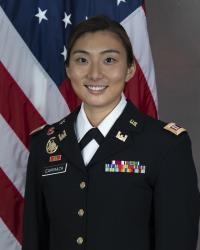
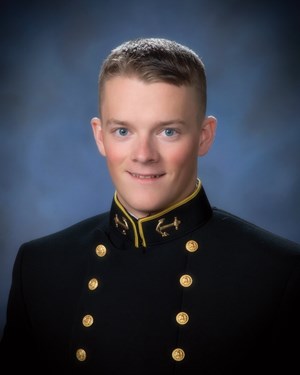
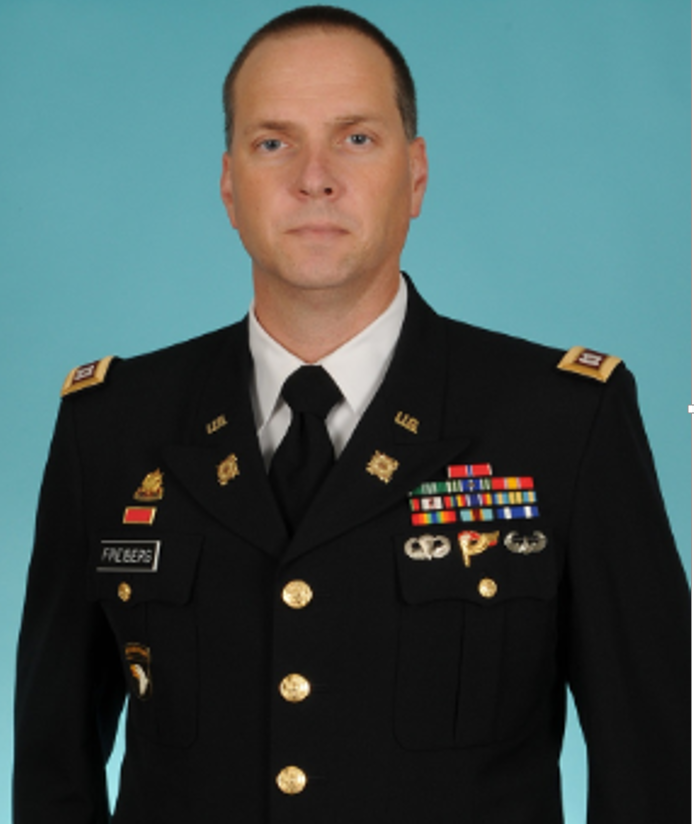
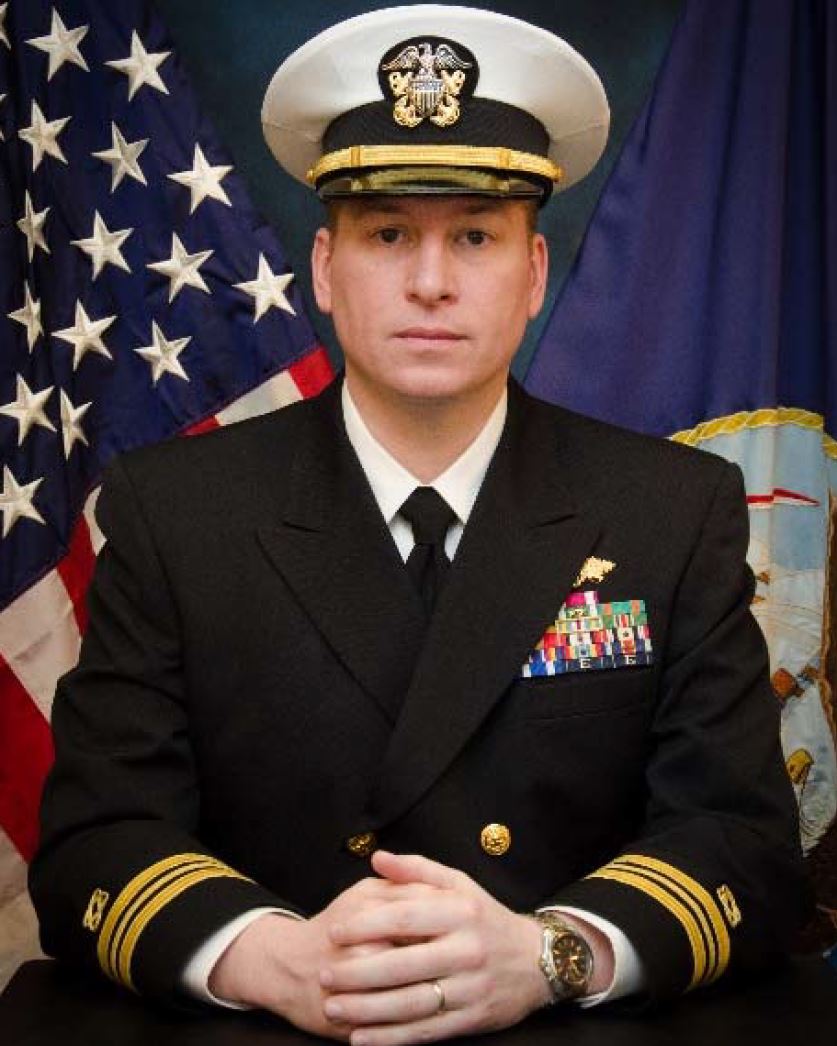
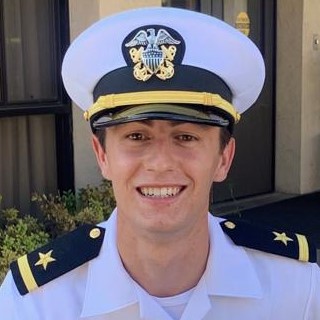
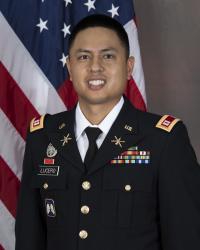
Team Research:
Imagine a world, in which service members and professionals engage in lifelong learning while balancing personal and professional obligations, inside and outside the work space because learning is personalized, adaptive, and at their fingertips. This project proposes an adaptive teaching, flexible learning, and simultaneous student- and teacher-centered education strategy for the 21st century learner. This learning model
depends both on a learner profile and a network of educational modules, integrating different teaching and learning tools. Unlike a traditional textbook whose content is static, this model supports individualized
and adaptive learning by identifying and recommending the relevant educational modules for each learner based on experiences and interests identified in the learner profile. We focus this project on the DoD’s needs and supply of learners.
The proposed project proposes to create a curated network of knowledge that supports personalized and adaptive learning to enhance learner’s education, because it builds on each learner’s knowledge and experiences. Much like a GPS taking the driver to a destination, the curation assists the learner in moving through the educational materials. As each learner has a unique profile, the network view of content should not be the same for each learner. The system would provide different choices, based on the learner’s preferences, in how to engage the connected content, all ensuring the learner reached the desired destination. The current methodology is based on curating the lesson materials (videos, PPT, PDF, code, exercises and so on) by using the modules’ tags/attributes, rather than following the standard linear or tree-like system of lectures or chapters. CHUNK Learning thus enables the learner to heuristically discover or learn based on personal interests and background, which we believe will not only enhance the learner’s talents, but will make them
a more valuable resource.
Your team’s task:
The current system personalizes the way content is displayed within individual CHUNKs however, there is currently no personalization to the network view of the topics, units, and CHUNKs themselves. All users are provided the same network of knowledge. The goal of this project is to introduce a methodology for how the learner profile and network of knowledge can be linked, providing each learner a personalized view of the network of knowledge providing a the most concise and relevant view of content. It may help to think of the learner either exploring content much like a web search, or refreshing content for a calculus course. In both of these cases, the learners may only need to interact with portions of the whole network of knowledge at one time, and can explore the content in a different order. Consider the following:
1. The nodes are the CHUNKs, the educational modules (each module is stand alone topic based lec-
tures/videos/PPTs such as “Fractions”, “Eigvenctors”, ”Determinants”, etc, including exercises/tests),
2. The edges are of several types capturing correlations or prerequisites between the modules, thus creating
layers in the network (for example each layer captures a different relationships such as “same author”,
“same application of topic learned”, “same tagged keywords”)
3. For your simulations, you can access data as education modules using your NPS credentials at
http://www.ChunkLearning.net, and we can provide the data for a deeper analysis in Python/Gephi.
depends both on a learner profile and a network of educational modules, integrating different teaching and learning tools. Unlike a traditional textbook whose content is static, this model supports individualized
and adaptive learning by identifying and recommending the relevant educational modules for each learner based on experiences and interests identified in the learner profile. We focus this project on the DoD’s needs and supply of learners.
The proposed project proposes to create a curated network of knowledge that supports personalized and adaptive learning to enhance learner’s education, because it builds on each learner’s knowledge and experiences. Much like a GPS taking the driver to a destination, the curation assists the learner in moving through the educational materials. As each learner has a unique profile, the network view of content should not be the same for each learner. The system would provide different choices, based on the learner’s preferences, in how to engage the connected content, all ensuring the learner reached the desired destination. The current methodology is based on curating the lesson materials (videos, PPT, PDF, code, exercises and so on) by using the modules’ tags/attributes, rather than following the standard linear or tree-like system of lectures or chapters. CHUNK Learning thus enables the learner to heuristically discover or learn based on personal interests and background, which we believe will not only enhance the learner’s talents, but will make them
a more valuable resource.
Your team’s task:
The current system personalizes the way content is displayed within individual CHUNKs however, there is currently no personalization to the network view of the topics, units, and CHUNKs themselves. All users are provided the same network of knowledge. The goal of this project is to introduce a methodology for how the learner profile and network of knowledge can be linked, providing each learner a personalized view of the network of knowledge providing a the most concise and relevant view of content. It may help to think of the learner either exploring content much like a web search, or refreshing content for a calculus course. In both of these cases, the learners may only need to interact with portions of the whole network of knowledge at one time, and can explore the content in a different order. Consider the following:
1. The nodes are the CHUNKs, the educational modules (each module is stand alone topic based lec-
tures/videos/PPTs such as “Fractions”, “Eigvenctors”, ”Determinants”, etc, including exercises/tests),
2. The edges are of several types capturing correlations or prerequisites between the modules, thus creating
layers in the network (for example each layer captures a different relationships such as “same author”,
“same application of topic learned”, “same tagged keywords”)
3. For your simulations, you can access data as education modules using your NPS credentials at
http://www.ChunkLearning.net, and we can provide the data for a deeper analysis in Python/Gephi.
